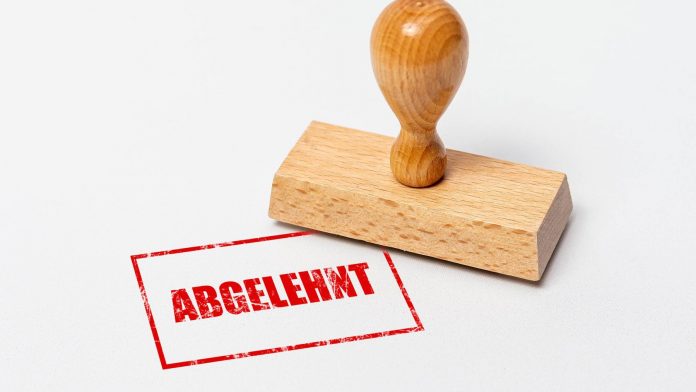The new heating law has not yet been passed. Before it could come into force, it still has to pass several stations. This is the legislative path.
According to Article 76 of the Basic Law, the federal government, the Bundesrat, a parliamentary group or at least five percent of the deputies can submit bills. The traffic light government introduced the proposal for the heating law and forwarded it to the Federal Council as a first step. With his statement, the federal government received the bill back.
There are then usually three readings of the draft in the plenary session of the Bundestag: in the first, there is a general debate on necessity and goals. The Heating Act reached this threshold in mid-June.
In the next step, the draft is discussed, examined and processed in the responsible committee in order to present a recommendation for the plenum for the second reading. The third reading with the final vote usually takes place immediately after the second. A simple majority of the MPs present is sufficient for a law to be passed. An exception are constitutional amendments – here a two-thirds majority is required. If the required majority is missing, a law has failed at this point.
Heating law can still be smashed
Otherwise the decision goes back to the Bundesrat. If it is an objection law, as is the case with the heating law, he can either approve it or appeal to the mediation committee of the Bundestag and Bundesrat. If the Bundesrat raises an objection in this procedure, the Bundestag can reject it with the required majority. The Bundesrat can only prevent the law with its objection if there is no longer the necessary majority for it in the Bundestag.
Once a law has cleared this hurdle, the Federal Government countersigns it and the Federal President signs it. It is then published in the Federal Law Gazette. This means that the law can come into force on the specified date. According to the federal government, this is planned for January 1, 2024 in the case of the heating law.


